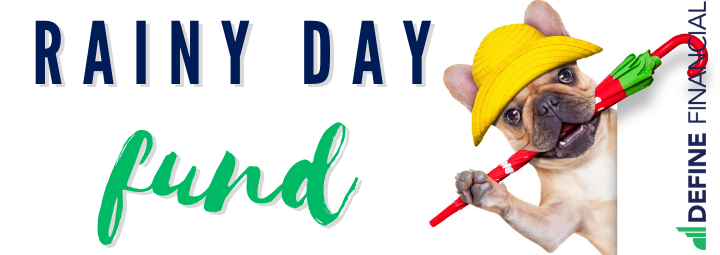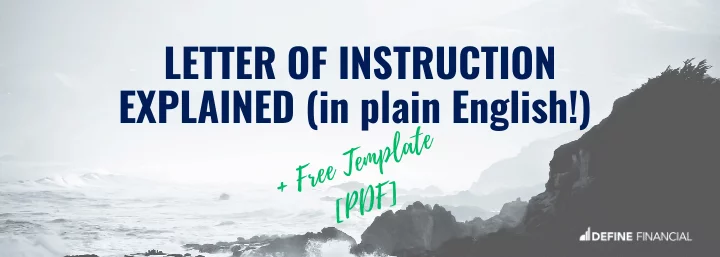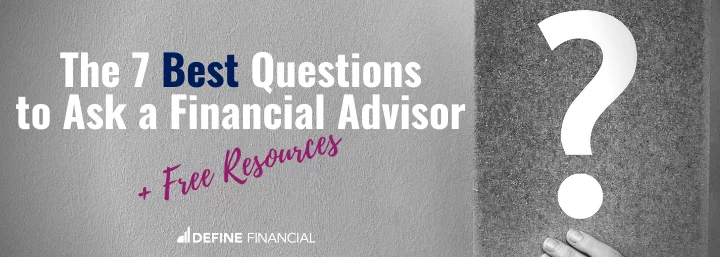
There’s a lot of anxiety and tension that came with the current global pandemic:
- Compulsively washing your hands
- Being holed up in your home
- Disinfecting everything that comes through your front doorway
- Anxiously waiting for your Federal stimulus money
Despite all this, there is one thing I don’t have to worry about: having cash. That’s because I have a rainy day fund. This key element of personal finance – a rainy day fund – is once again having its moment.
Unfortunately, this always seems to happen when things aren’t going so well in our world. But, that’s exactly what a rainy day fund is for!
What is a Rainy Day Fund?
A rainy day fund is just that; it’s something that you’ll use on a proverbial “rainy day.” Your rainy day fund can be used for any unforeseen large and necessary expenses. Perhaps your rainy day money would be used for a surprise automobile expense, or an unforeseen-but-needed home repair. Or more likely, the true role of a rainy day fund is to hedge against a job loss.
How Large Should My Rainy Day Fund Be?
The CFP Board suggests between three and six months of living expenses saved as cash. These are essential expenses – like rent or mortgage, property tax payments, car payments, insurance, utilities, and groceries. You don’t necessarily have to save up for discretionary stuff, like date night or gifts. (Although, you can if you want to.)
At Define Financial, we eschew the three-month recommendation – and opt for six as the minimum. (One suggestion is to have between one and two years worth.) Of course, a little more than six months of expenses couldn’t hurt too much, but much more than that might.
That is, it may not make sense to keep much more than a year’s worth of living expenses in cash. Those conservative folks may be asking, “why not save ten years of living expenses in cash?”, to which I answer, “inflation.” This is especially the case if your cash is sitting at a conventional brick and mortar bank – a place that will pay you will as little interest as possible.
Anything over one to two years’ worth of cash can be invested for long-term growth.
Where Should I Keep My Rainy Day Fund?
If you like earning interest on your money, then online banks can be the best place to keep your rainy day fund. Online banks can usually pay you a much higher interest rate than a brick-and-mortar retailer. All else being equal, a higher interest rate means your savings will grow faster.
Some popular online banks currently paying competitive interest rates on savings accounts are Ally, Discover, and Marcus. NerdWallet keeps an up-to-date list of the best online savings accounts.
Tips and Trick for Setting Up an Online Savings Account for your Rainy Day Fund
You’re likely already using a brick-and-mortar bank for your day-to-day banking. If you’re like me, this is where you have your online bill payment set up. Therefore, it may not make sense to close your existing brick-and-mortar bank account.
Instead, move just your savings account to an online bank to earn a higher rate of return. With online transfers between your new online savings account and your brick-and-mortar-bank checking account, cash is only a few mouse clicks away.
If you’re setting up an online savings account for the first time, know that you may be able to take advantage of promotional transfers. (The super money nerds call this “bank hacking.”) Sometimes, online banks can give a one-time bonus for moving cash their way. If you do this, just make sure that the savings account you are moving your money to still pays a competitive interest rate. That’s because it doesn’t make sense to move your money for a one-time bonus – and then be paid a lower interest rate forever.
If you want to be a bank-hacking pro, keep an eye open for these promotional transfers – and jump on them when they show up. Also, be sure to keep an eye on the interest rate that your online bank pays. Over time, the rates will change. The smart money nerds will move to whoever is paying the most.
Lastly, make sure that the savings account you are using is FDIC insured. I mention this because there are many online options out there – some offering interest rates upwards of 3.0%. But, these types of accounts likely don’t offer financial protection. Don’t be fooled by these high rates. Make sure that you are looking at a real savings account, and not a money market account, stable value fund, or anything else. Also, remember to stay within the limits of FDIC insurance ($250,000) with each account.
How Do I Create a Rainy Day Fund?
Creating a rainy day fund is only possible if you have cash left over at the end of the month. That simply means that you’re spending less than you’re earning. If you aren’t sure how to do that, track your spending. (If you think you know where your money is going – but you don’t track your spending – I can guarantee you will be surprised.)
Tracking your spending allows you to see where your money goes. Once you know what you’re spending on, you can take action; you’ll be able to tweak your spending where it’s most important and impactful.
If tracking your spending is too much work, I have a simple – but not necessarily easier – solution: cut your automobile and housing costs. These are the biggest line items in almost every household. If you can manage to decrease your automobile and housing costs, you should more than likely start saving big money.
Rainy Day Fund, Rainy Day Schmund
For those true money nerds, you should have your cash flow down to such a science that smaller unexpected expenses – like an automobile repair – simply come out of your monthly cash flow. Car breakdown? Not a problem. I’ll just save less money this month.
But, don’t take this to the extreme. You can’t invest all your excess cash. You still need a rainy day fund. The problem with putting all spare money directly into an investment account is that – in the incidence of a job loss tied to a global pandemic – not only will your income disappear, but your investments will be hurting too. Nobody likes selling their investments when they’ve suffered a 30% drop. That’s why you want to hold cash – a good amount of it.
Having Cash Gives You Options
One more great thing about having a rainy day fund – it takes the pressure off a job search. If you’re without extra cash, you may settle for the first opportunity offered. That can mean signing up for something that isn’t ideal. With extra cash on hand, you can take your time – looking for a company that will offer you a great place to work.
Rainy Day Fund to the Rescue
While an unexpected emergency or global pandemic are both stress-inducing moments, it’s nice to know you have readily-accessible savings to handle your needs. Fortunately, it looks like a lot of folks have already figured this out, with savings rates increasing in light of the recent global pandemic.


